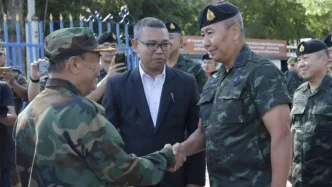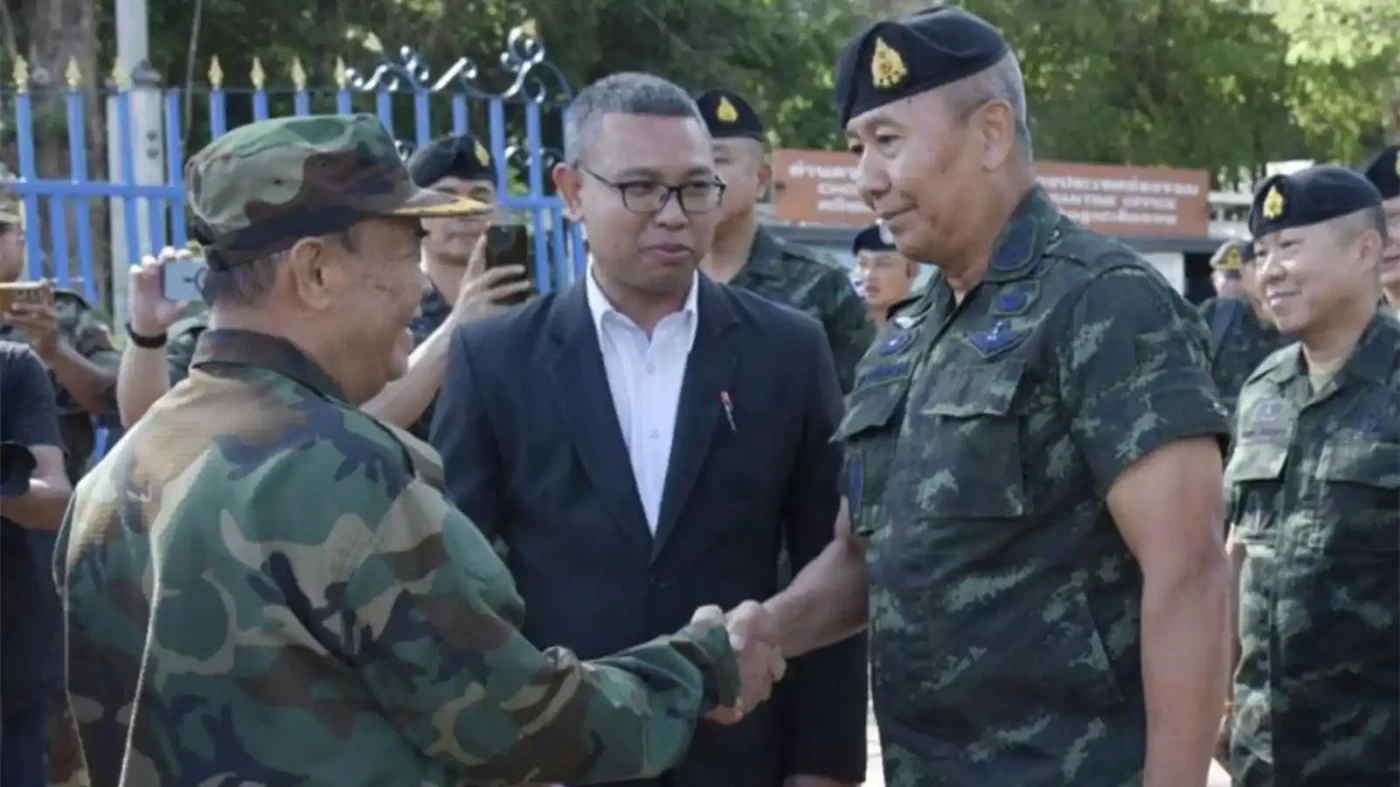As the Cambodia-Thailand Joint Border Committee (JBC) prepares to meet on June 14, Cambodia remains resolute in its commitment to the International Court of Justice (ICJ) ruling on the disputed border area near the Preah Vihear Temple. The 1962 ICJ decision, which awarded sovereignty over the temple to Cambodia, is seen as the legal cornerstone of Cambodia’s position. However, lingering ambiguity over the surrounding 4.6 square kilometers has fueled decades of tension, underscoring the need for Cambodia to hold firm in upcoming talks.
A Historic Flashpoint
The Preah Vihear Temple, a UNESCO World Heritage Site in Cambodia’s northern Preah Vihear province, has long symbolized both cultural heritage and national pride. While the ICJ’s 1962 ruling confirmed Cambodia’s ownership of the temple, the adjacent land remains contested. Thailand’s historical challenges to the ruling’s interpretation have led to periodic military clashes, most notably in 2011, when skirmishes left soldiers dead on both sides. For Cambodia, the ICJ decision is non-negotiable, and any attempt to reinterpret it risks undermining decades of legal precedent.
A senior official from Cambodia’s Ministry of Foreign Affairs, speaking anonymously, reiterated this stance: “The ICJ ruling is the foundation of our sovereignty. We will not engage in discussions that question its legitimacy.” Public sentiment echoes this view, with many Cambodians viewing the temple as a symbol of national identity. The ruling Cambodian People’s Party has long championed territorial integrity, making any perceived concession politically risky.
Thailand’s Fluid Approach
Thailand’s position, shaped by domestic politics, appears more flexible. Thai officials have expressed a willingness to engage through the JBC, a mechanism established in 2000 to address border disputes. However, Cambodia remains cautious, wary of Thailand’s past proposals for joint management of the disputed area—ideas Phnom Penh has consistently rejected. With Thailand’s upcoming elections, nationalist rhetoric may further complicate negotiations, as political parties leverage the dispute to rally support.
Regional and International Dynamics
Both nations are members of ASEAN, which promotes dialogue but lacks the mechanisms to enforce resolutions. External powers, including China and the United States, also have stakes in regional stability. Cambodia’s close ties to Beijing and Thailand’s balancing act between major powers add layers of complexity. Dr. Sovanarith Keo, a Phnom Penh-based analyst, warned against external interference: “This is a bilateral issue rooted in history and law. The solution must respect the ICJ framework without outside politicization.”
Economic and Social Stakes
Beyond symbolism, the dispute has tangible economic implications. The border area holds untapped resources, and its proximity to trade routes makes it strategically valuable. For border communities, the unresolved status has hindered development, with restricted land access exacerbating poverty. A local farmer from Preah Vihear province, speaking anonymously, expressed frustration: “We need peace and clarity to farm without fear.” Cambodia’s government faces pressure to protect national interests while addressing these local concerns.
A Path to Resolution?
The June 14 JBC meeting offers a chance to de-escalate tensions, but Cambodia is prepared to demand full recognition of the ICJ ruling. Joint development initiatives, such as shared economic zones, have been proposed but often falter over sovereignty concerns. If both sides can respect the ICJ framework while addressing mutual economic interests, a pragmatic compromise may emerge. However, historical mistrust and sporadic violence have entrenched hardline positions. Dr. Keo noted, “The JBC has met numerous times with little progress. Genuine political will is needed to break the stalemate.”
International Law and Future Prospects
The ICJ’s 1962 ruling, while binding, lacks enforcement, relying on the goodwill of both parties. In 2013, the ICJ reaffirmed Thailand’s obligation to withdraw troops from the temple’s vicinity, but sporadic reports of military presence have kept tensions alive. Some experts suggest Cambodia could seek further international support, though this risks escalating the dispute. A diplomat familiar with the issue cautioned, “Internationalizing the matter could alienate Thailand or invite unwanted interference.”
As the JBC meeting approaches, Cambodia’s stance is clear: the ICJ ruling must be upheld. Whether Thailand responds with flexibility or resistance will determine if the talks mark a step toward resolution or another chapter in a decades-long standoff. For now, Cambodia’s commitment to law and dialogue remains steadfast, with the hope that history’s grievances can finally give way to stability.
















